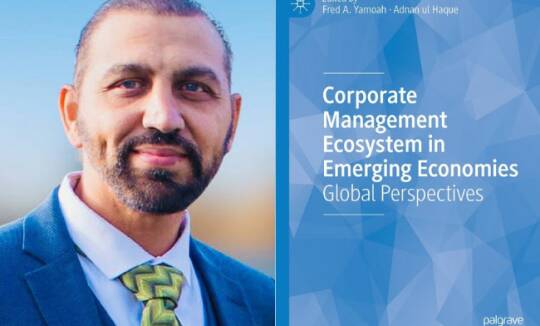
In these unprecedented times, anxious thoughts can get the better of us. I’m writing this post today to put a focus on the importance of self-care when going through a difficult time.
Self-care is a hot topic these days. But what, really, is self-care? Is it the picture-perfect Pinterest posts about lying in a bathtub with a face mask on, glass of wine at your side? For some, it may be. But for most, this is not going to help very much when you’re worried about contracting COVID-19, or worried about where your next paycheque will come from. When we break down the phrase “self-care,” we can notice that what it truly means is taking care of yourself. And that can look different for everyone.
Taking care of your mind
At a time like this, one of the most important acts of self-care can be creating boundaries with yourself and with others around you. Boundaries to limit the amount of news you expose yourself to in any given day, as well as the source of that news. Boundaries around the amount of time you spend on social media. Boundaries with your family, around what topics are good to talk about, and when. Boundaries with kids around bedtimes, school times, and other routines. These boundaries will be unique for each person, but taking some time to figure out what works for yourself and your family is essential to self-care.
If you’re feeling really inside your head and anxious, now might be a good time to explore therapy. With many provinces enforcing non-essential businesses to close, many therapists may not be seeing clients in person. However, many have moved to online counselling. With a reputable provider (for example, a Registered Psychotherapist, Registered Psychotherapist-Qualifying, student practicing under a RP, etc.), you can be assured that online therapy sessions are safe and effective, and compliant with PHIPA regulations.
Taking care of your body
For others, self-care might mean taking care of their body. Maintaining exercise routines can be difficult when we’re told not to go outside. But thinking outside the box can result in new ways to do old things! Many fitness professionals, gyms, and yoga studios are creating online routines for their clients. There are fitness apps for phones, tablets, and TV streaming devices like Roku. Exercise has been empirically proven to promote psychological well-being.
On the other hand, intense exercise might be too much for some people right now. For some people, taking care of their bodies might look like: having a daily shower, putting on clothes that are not pyjamas, going for a quick walk around the block (if not prohibited in local jurisdictions by stay-at-home orders, and even if not prohibited, ensuring to maintain social distance).
Taking care of your soul
A lot of churches, mosques, temples, and other religious places of worship are currently closed due to limitations around mass gatherings. However, many religious institutions are also broadcasting services online. If you are missing this part of your routine, it may be helpful to look into some of these broadcasts.
Not religious? Or, online broadcasts not appealing to you? How about trying some mindfulness exercises? Meditation can be incredibly effective at calming anxiety symptoms and keeping yourself oriented to the present moment. Other mindfulness exercises that you can try are: adult colouring books, mindful eating, or gratitude journaling. Gratitude journals can be particularly impactful during difficult times, because they force your brain to think about what you do have right now, rather than what you lack.
These are just a few of many ideas for self-care during anxiety-producing times. Most importantly, understand that social distancing does not mean no social connections. Explore Zoom meetings, FaceTime, even phone calls. Stay in touch and reach out when you’re feeling low. We are all in this together!
– Cate Gennaro is a Masters of Counselling Psychology student at Yorkville University. She is currently in her final term, counselling individuals under the supervision of Rami Rodgers in Toronto, Ontario.






